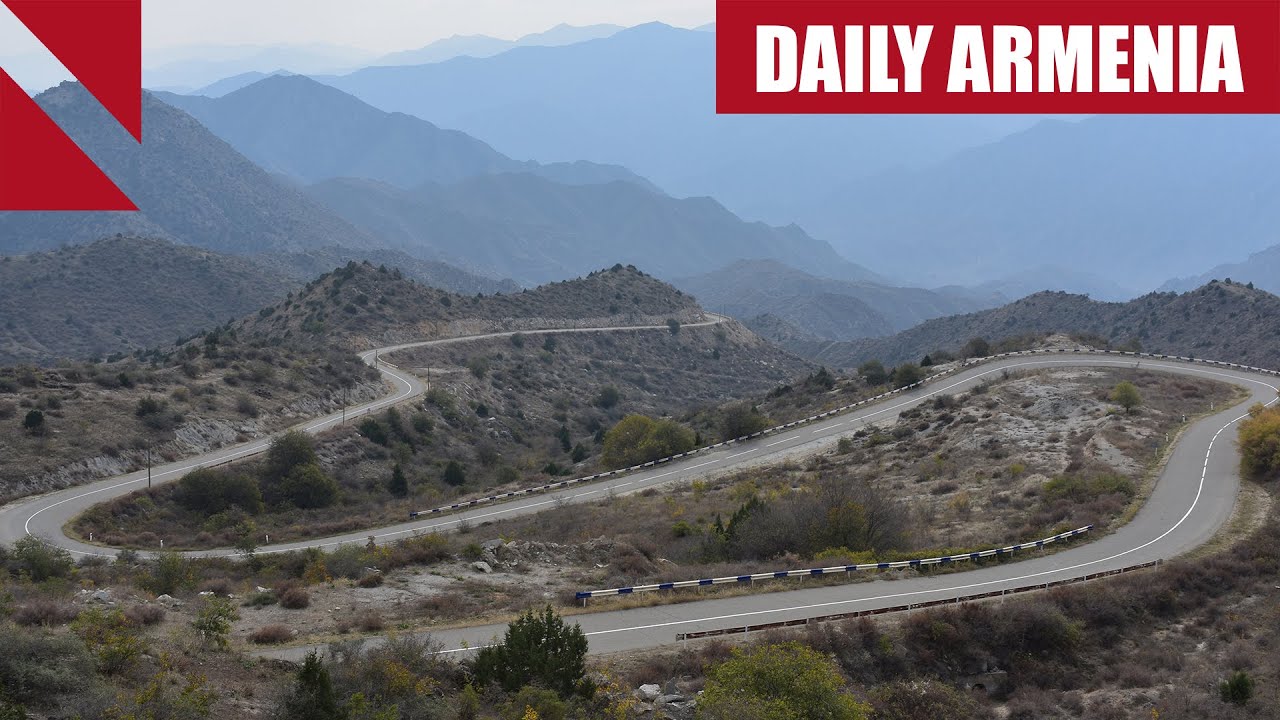Armenian Authorities Explore International Involvement for Key Transport Route Stability

Armenian Authorities Weigh International Involvement in Crucial Infrastructure
Recent discussions have highlighted the potential for international involvement in managing a key transport route in the South Caucasus region. Deputy Foreign Minister Mnatsakan Safaryan shared insights on the matter during an interview with Radio Liberty, touching on the broader negotiations involving Armenia and Azerbaijan. The talks are part of ongoing efforts to address longstanding regional challenges, including the blockade that has impacted economic and social ties between the countries.
Negotiations and Proposals
Deputy Prime Ministers Mher Grigoryan of Armenia and Shahin Mustafayev of Azerbaijan are participating in negotiations in Abu Dhabi, aiming to address a range of issues. When asked if the lifting of the blockade would be a focus, Safaryan emphasized that all aspects of the agenda are typically covered during such discussions. He noted that the outcome would depend on the negotiation's conclusion. Regarding proposals from international partners, Safaryan stated that various suggestions have been presented and will be considered based on their alignment with Armenia's interests.
These negotiations are part of a complex geopolitical landscape, where regional connectivity and economic cooperation are central themes. The involvement of international actors, including proposals for managing key infrastructure, reflects the desire for stability and the potential for neutral oversight in sensitive regions.
Strategic Considerations
The strategic location of the Syunik region makes it a critical component in regional connectivity. Any decision regarding its management will have significant implications for both local and international stakeholders. The potential for international involvement underscores the region's importance in broader geopolitical strategies and the desire to find solutions that balance national interests with regional stability.
As discussions continue, the framework for future cooperation will depend on the extent to which proposed solutions align with the interests of all parties involved. The ongoing negotiations highlight the complexities of regional diplomacy and the need for inclusive and sustainable solutions.
